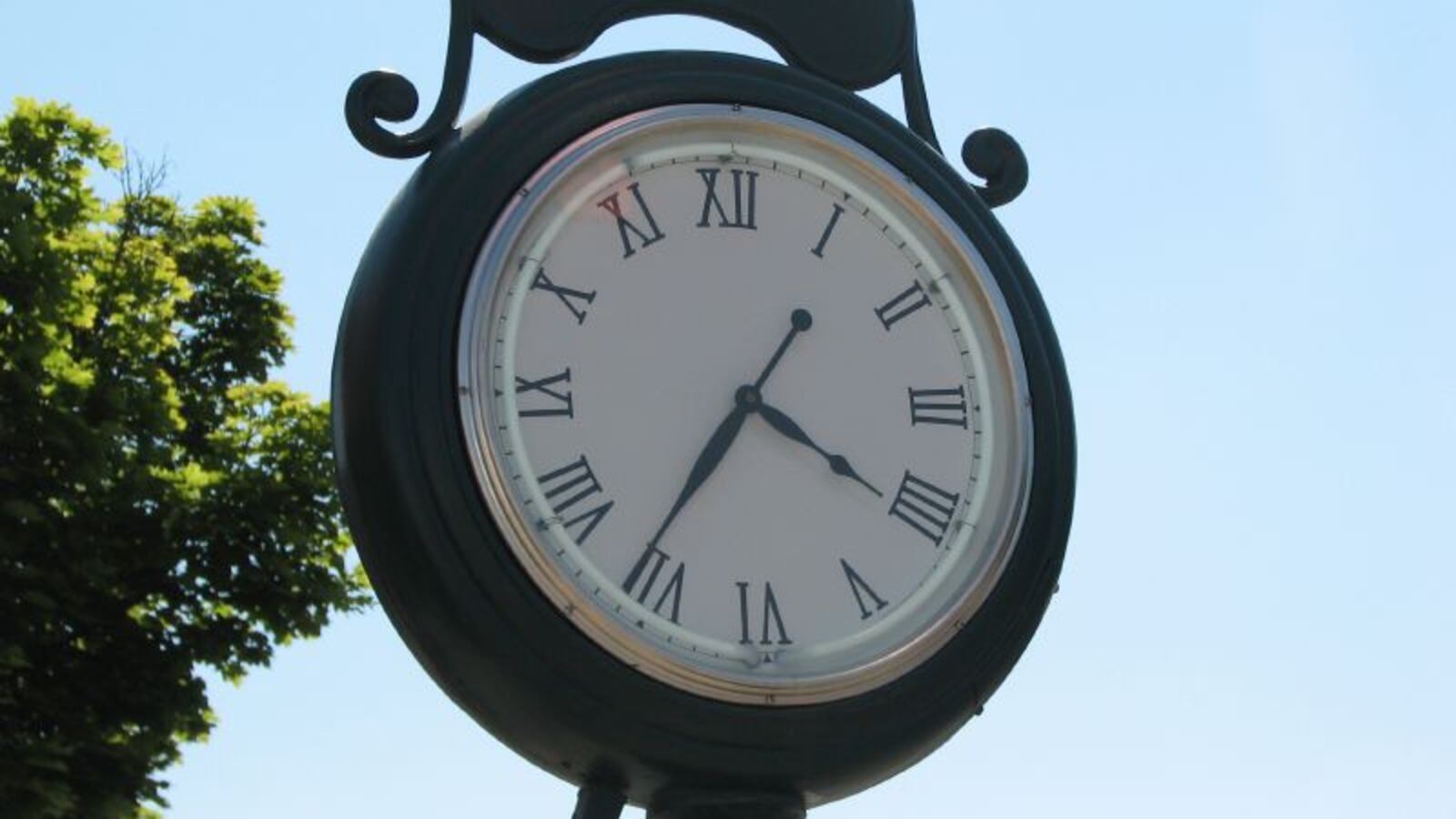When Colorado lawmakers took up the issue of testing in the spring, they also took up the issue of how to adjust the state’s school accountability system.
Created by law in 2010, the system requires the state to rate every school and school district based mostly on how well students perform on annual standardized tests. Schools and districts that are considered failing and don’t improve within five years are supposed to face sanctions.
But because of a shift in assessments, lawmakers in the spring gave about 30 schools and eight school districts that were facing such sanctions a reprieve.
In effect, the accountability clock, as some call it, is on hold until the fall of 2016. That’s the next time the state will issue its ratings. And that’s when the State Board of Education will start to decide what to do with schools and districts that haven’t improved since the clock started ticking.
Until the testing bill passed, the Colorado Department of Education was prepared to move forward with preliminary ratings in the fall that would have been finalized in early 2016 when test results from the spring were released.
Schools and districts, especially those at the end of the clock, would have had an extra burden to prove their students grew academically by using local assessments.
And whatever the state board would have decided in regards to the state’s chronically under performing schools would have gone into effect a year from now.
Instead, the earliest state sanctions can take effect is July 2017.
We’ve updated our timeline to reflect these changes. You can scroll through the timeline and click on links for previous coverage.

